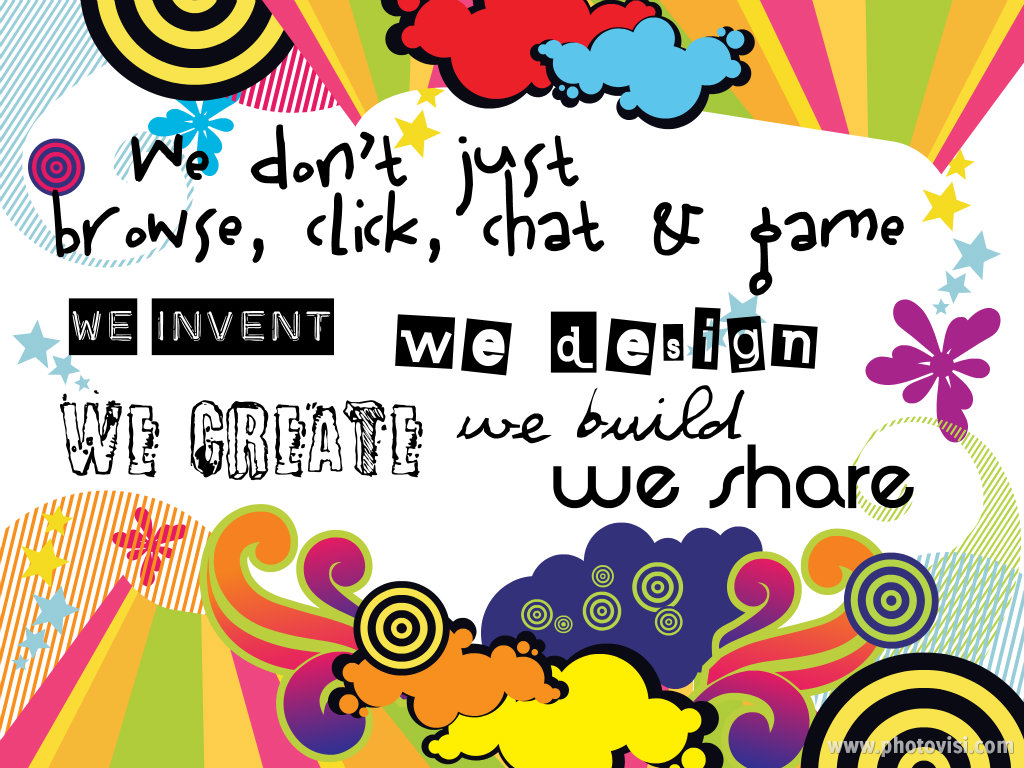Assignment 4 – Digital Literacies Blog
For my last assignment in ETEC 540, I used the New London Group’s article A Pedagogy of Multiliteracies: Designing Social Futures as a jumping off point. I found this article to be challenging and thought provoking and caused me to reflect upon what types of new literacies exist today that weren’t defined 25 to 30 years. I then thought about my Rip.Mix.Feed post (Padlet.com) and the pre-existing understanding of technology and the Internet a user must have in order to engage with a tool such as a social/collaborative bulletin board. That brought me to my decision to examine digital literacy (which then morphed into digital literacies).
I chose to present my information in a blog format but then incorporated adobe voice, hyperlinks, as well as youtube. My goal was to emphasize the ‘multi’ in multimedia. From a design standpoint, I prefer blogs which are simple, clean and have negative space (as I believe we all suffer from overstimulation at times and miss important ideas or concepts in the process). My intention was for the reader to go through the blog in a linear fashion….starting with multiliteracies and ending with digital literacies in action. I chose to examine the evolving/organic definition of digital literacy. Then I explored the history, barriers and future of digital literacy in Canada, and ended with some resources which can lead to further investigation and some tools to implement into the classroom which would enrich the digitally-literate environment.
Overall, this assignment was challenging, in that the concept is large but I chose to be selective with the material I wished to present.
https://blogs.ubc.ca/etec540digitalliteracy/
-Ronaye


Hi Ronaye,
I enjoyed what you have presented here, particularly Belshaw’s video on digital literacy. I highlights the fact that digital literacy, like all literacies, needs to be learned. The discussion on ‘digital natives’ is great as it demonstrates that one group of people is not more predisposed for success than another, but rather their access to the technology is a huge factor in whether or not it is adopted and used. As education changes and more of the digital competencies are incorporated into the curriculum we will move to having more of society digitally literate.
I can relate to the research you included about how the digital natives are not necessarily digitally literate. I think people often assume this is the case but I work with people of this generation and they are definitely not all digitally literate. They may know how to use a few programs and apps, and text really fast 😉 but most I would not say are digitally literate. The majority prefer to learn, as you stated, in the usual fashion but with the addition of technology. Maybe this is because they learned that way and that is what they are comfortable with. I guess we will see as more technology is included in the classrooms how people’s attitudes change.
Susan